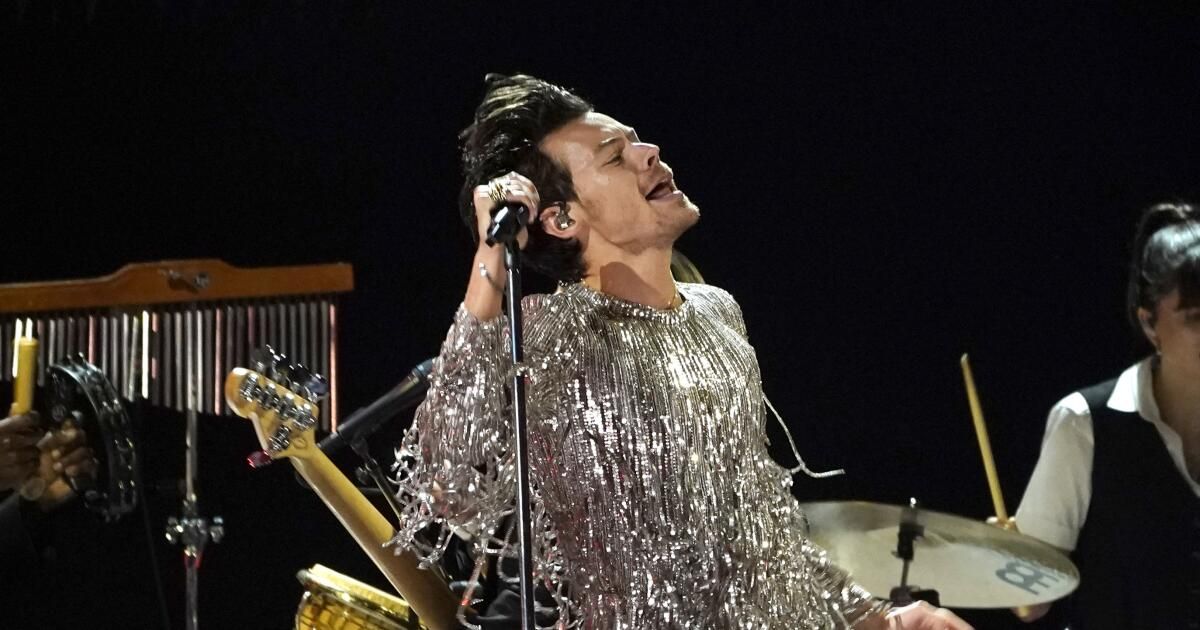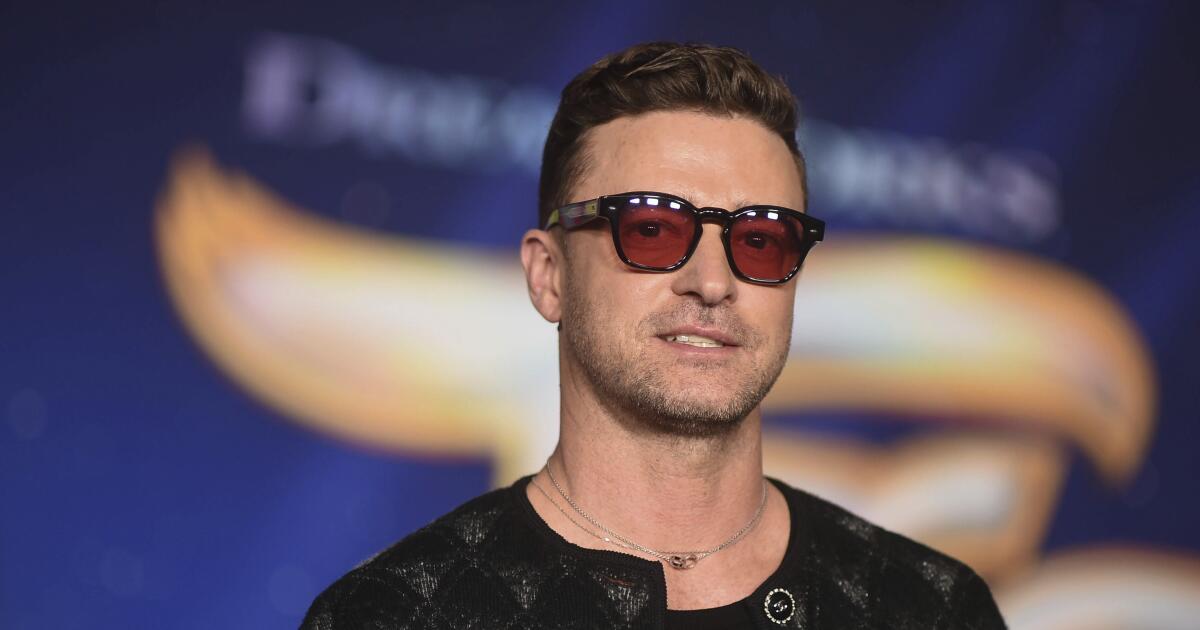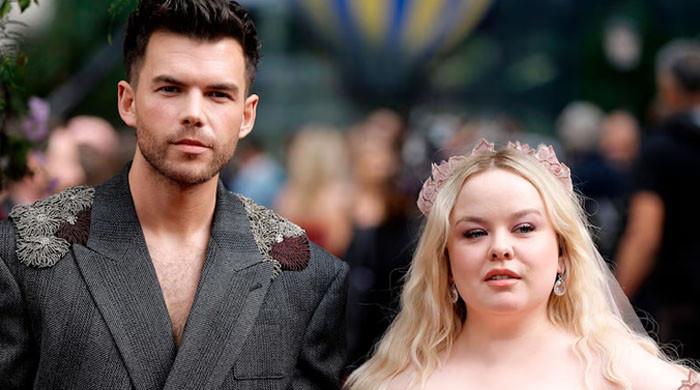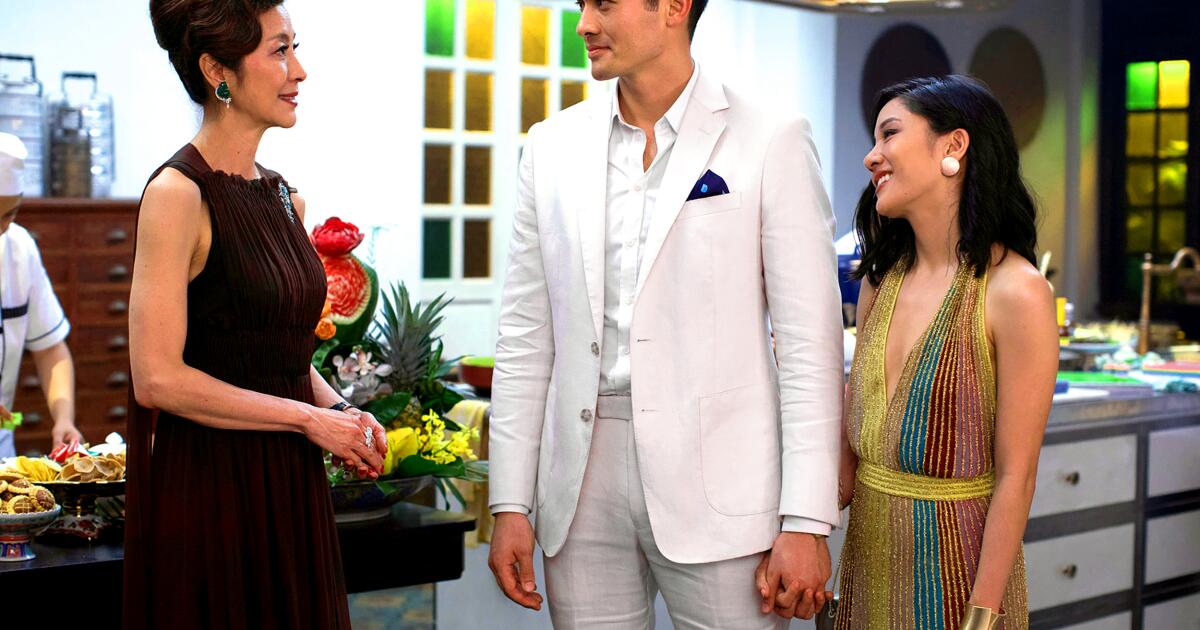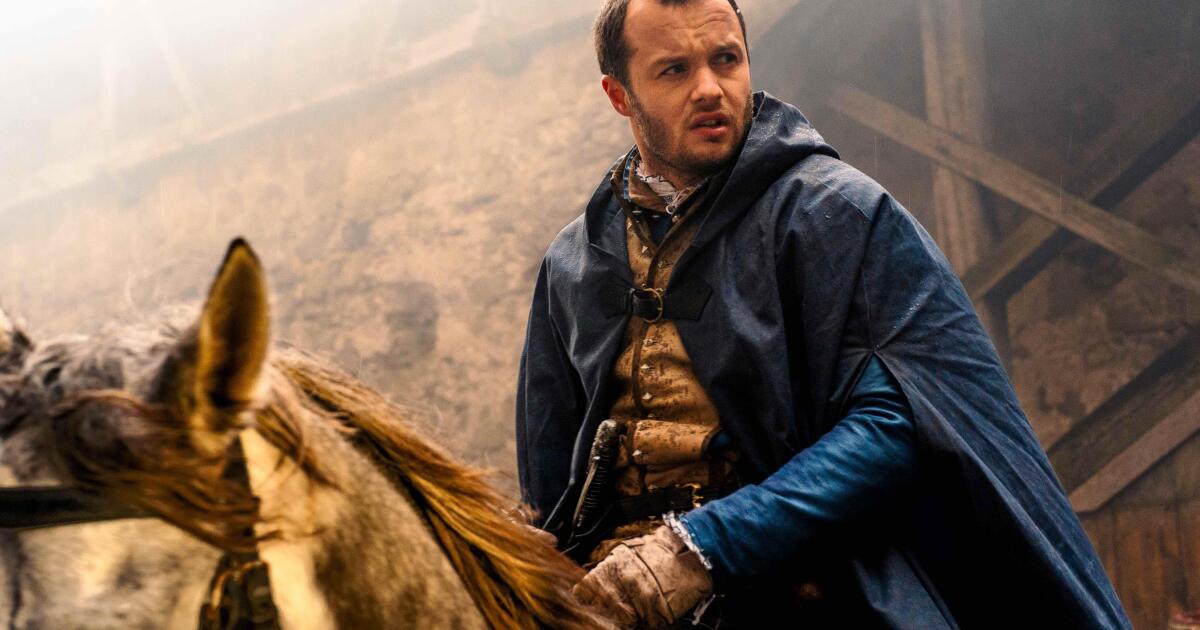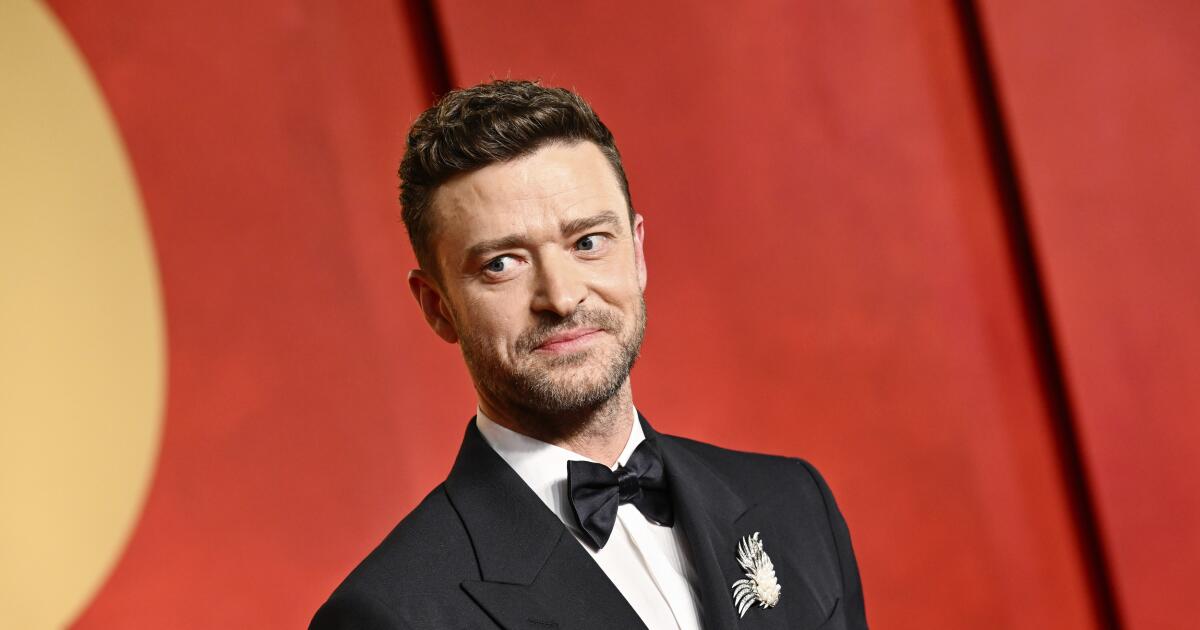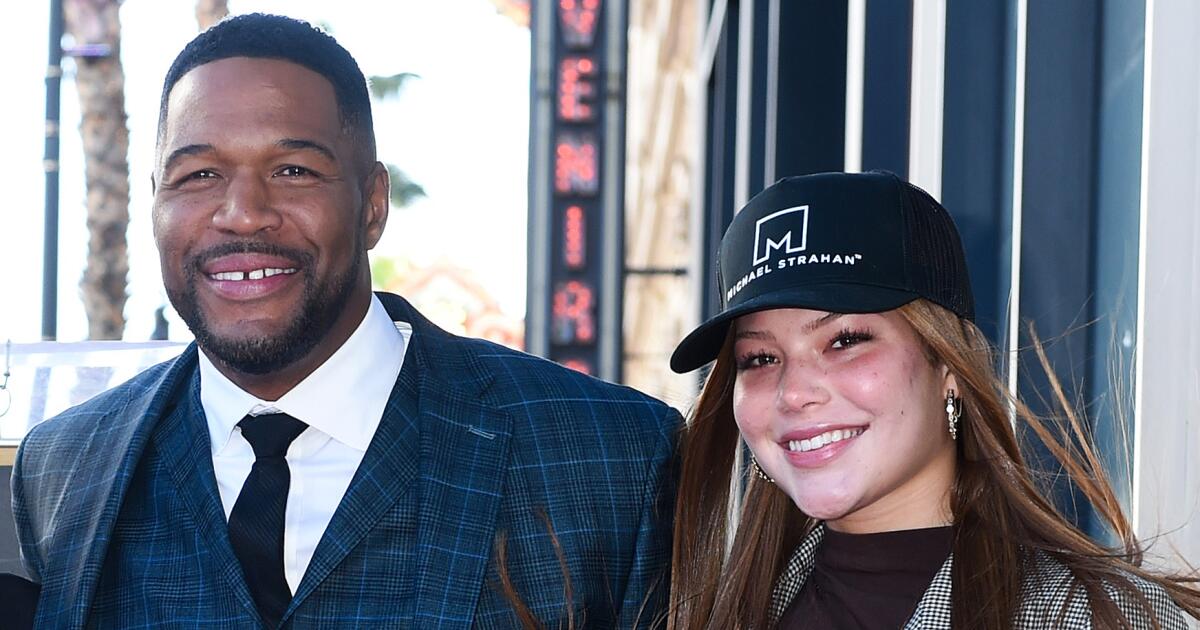Sony Music Group is sending letters to 700 AI developers and music streaming services warning them not to use their artists' music to train generative AI tools without their permission.
The company, one of the three largest recorded music firms, said it is explicitly choosing not to use its music to train or develop artificial intelligence models through text or data mining or web scraping when it comes to lyrics, recordings of audio, artwork and music. compositions and images. Sony Music Group artists include Celine Dion, Doja Cat and Harry Styles.
“We support artists and songwriters who take the lead in adopting new technologies in support of their art,” Sony Music Group said in a statement on its website Thursday. “The evolution of technology has often changed the course of the creative industries. … However, such innovation must ensure that the rights of composers and artists, including copyright, are respected.”
The letters were sent to companies including ChatGPT creator OpenAI, based in San Francisco, and search giant Google, based in Mountain View, according to a person familiar with the matter who was not authorized to speak publicly. OpenAI and Google did not immediately respond to requests for comment.
The move comes as the entertainment industry faces rapid innovations in artificial intelligence technology. Last summer, writers and actors expressed concerns about whether leaving AI unchecked could threaten their livelihoods. Meanwhile, some creatives have marveled at advances that could allow them to implement bold ideas on tight budgets.
This year, OpenAI introduced its text-to-video tool Sora, which was used to create a four-minute music video for music artist Washed Out. The video's director told The Times that Sora helped him depict multiple locations and visual effects that he couldn't otherwise have.
But AI can also create chaos. Celebrities have faced “deepfakes” – fake videos or audio that show a celebrity endorsing certain brands or activities. To help protect its clients from unauthorized use of their voice and likeness, Century City-based Creative Artists Agency is helping talent create their own digital doubles.
On Thursday, two New York voice talent sued Berkeley-based AI speech-generation company Lovo for unauthorized use of their voices. Lovo did not immediately respond to a request for comment. The lawsuit was filed in the United States District Court for the Southern District of New York.
Some people in the entertainment industry have said they would like AI companies to be more transparent about how they train their tools and whether they have proper copyright permissions.
OpenAI has said that its large language models, including those powering ChatGPT, are developed using information publicly available on the Internet, material acquired through licenses with third parties, and information provided by its users and “human trainers.”
The company said in a blog post that it believes training AI models with publicly available materials on the Internet is “fair use.”
But some media outlets, including the New York Times, have sued OpenAI. The newspaper raised the alarm about how the technology company is using its stories.
In Sony Music Group's letters to AI companies, the company said it has reason to believe that its content may have been used to train, develop or market AI systems without its permission, according to a copy obtained by the Times. . Sony Music Group asked technology companies to provide information about that use and why it was necessary.
Sony Music Group, owned by Tokyo-based electronics giant Sony Corp., also wants streaming music providers to add language to their terms of service that says third parties cannot extract or train using Sony content. Music Group, the person familiar with the matter said. matter said.

